DENVER, N.C. — The Environmental Protection Agency is "actively working" on addressing the risk of coal ash at Rock Springs Elementary School in Denver, North Carolina, after state records revealed the presence of coal ash there.
According to the limited information publicly available, almost 300 tons of coal ash were placed in the ground at that school in 1996, but current parents and a former teacher said they only learned about the potential risk recently.
"I just thought we were safe there"

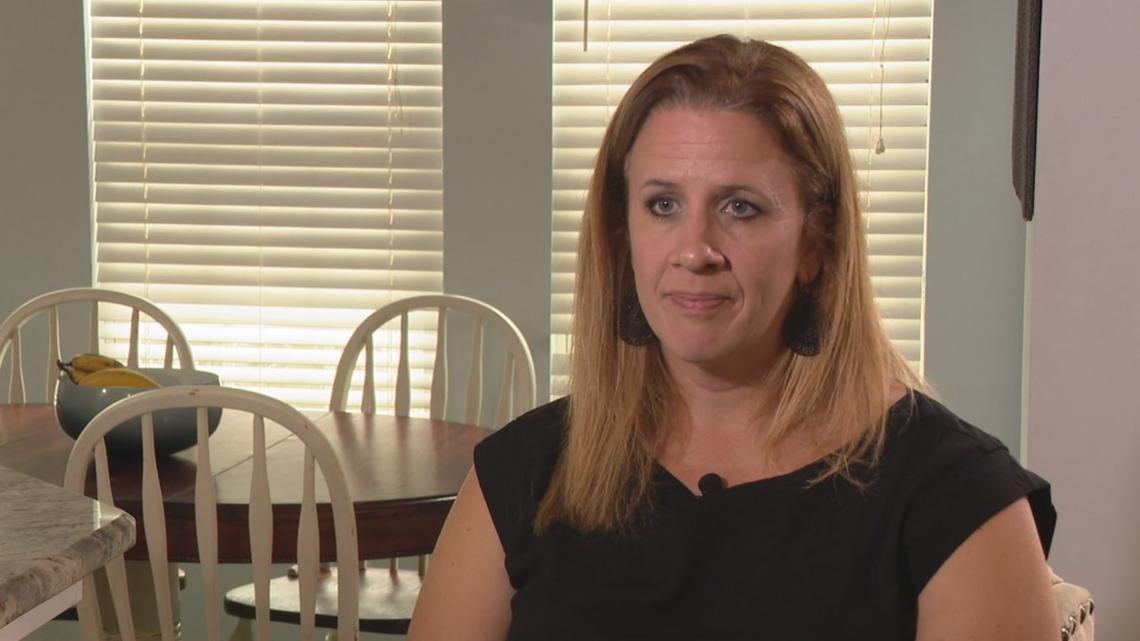
Lisa Saab worked at Rock Springs for almost eight years beginning in 1999. Doctors diagnosed her with thyroid cancer in early 2024.
"I never understood why I had gotten thyroid cancer, but now it kind of makes sense," the former teacher said. "I had heard of coal ash being in Huntersville and in Mooresville, but I just thought we were safe there."
While Saab cannot say for sure if there's a connection, new revelations about what's in the ground at the school, coupled with current and past health issues, have her concerned.
"I'm just angry at everybody. Everybody that knew," she said. "I got pregnant twice and I miscarried twice [while teaching there], and my third pregnancy, my daughter is autistic."
Parents want action

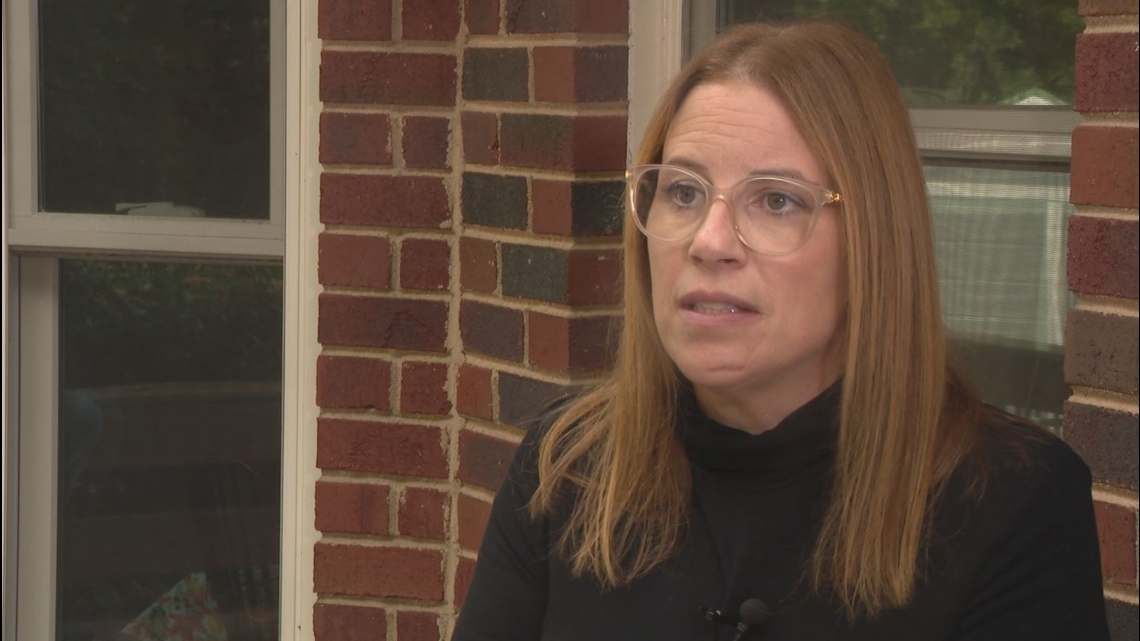
Kaitlin Ouverson is outraged, too. She and her family moved from Mooresville to escape the coal ash in that nearby town. Her 11-year-old son is now in his third and final year at Rock Springs.
"He plays on that soccer field every day with his friends. He comes home filthy some days because of it," the mother of three said. "I'm petrified. I'm absolutely petrified. You give your kids a good breakfast, you give them their multi-vitamin and then send them to a toxic coal ash site for eight hours. It's absolutely insane."
Her youngest son is supposed to attend Rock Springs next school year.
"It literally makes me sick to my stomach," she said. "I want the soil tested, and I want to know what my kid is playing on every day."

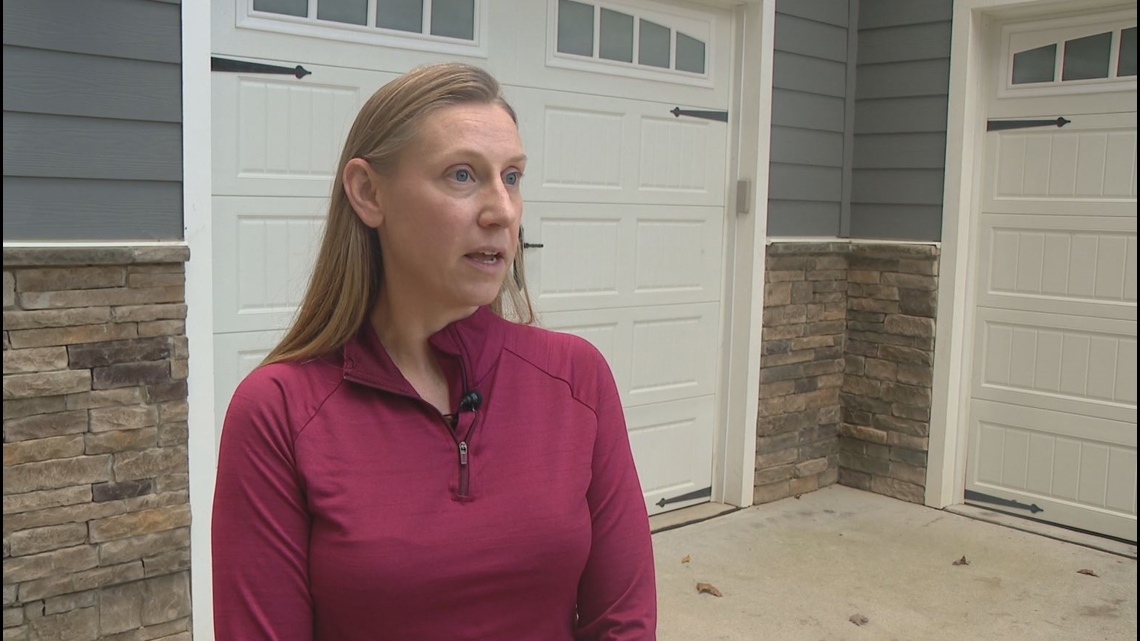
Jennifer Miller's family recently moved from Mooresville to flee the coal ash, too. She has two kids who attend Rock Springs.
"It's extremely scary," she said. "My children, five days a week, they're walking through that. You see the dust flying around in the gaga pit where they play. They're surrounded by it."
On a mission
Both moms learned about the coal ash at the school from Lori Deans. Deans has spent years raising concerns about coal ash in and around Mooresville. She found records indicating coal ash at Rock Springs.
In recent weeks, she's posted often on her Cancer Cluster Army Facebook page. For her, it's personal. Her son died after a cancer diagnosis. While she doesn't know if the coal-burning byproduct played any role, his death inspired her mission.

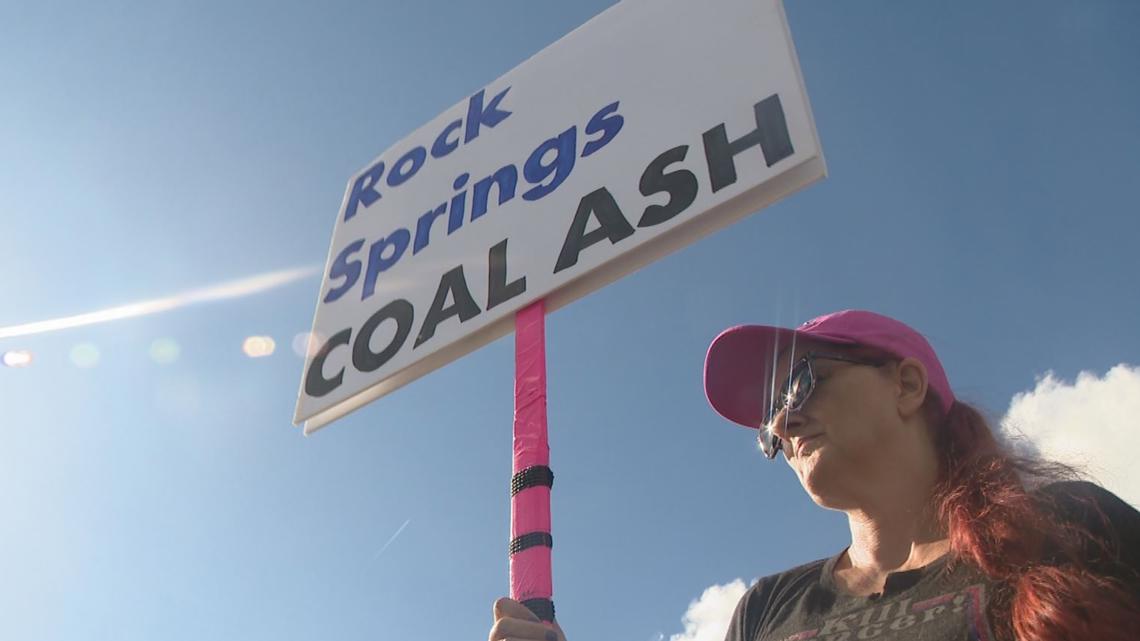
"Generational poisoning is what it is," she said. "You need to take this seriously. The whole area needs to be investigated by the EPA."
Only recently have people started listening to Deans' warnings. Tutor Time of Mooresville, which is built on top of coal ash, announced plans for a playground renovation in September. The day care, which has remained the subject of repeated protests by Deans, announced its intentions after nearby coal ash samples collected by WCNC Charlotte identified elevated levels of arsenic and radiation.
Rock Springs is now getting attention, too. Emails sent to a concerned parent from the EPA confirmed the agency's Superfund division, which is responsible for cleaning up some of the nation's most contaminated sites, is actively evaluating the coal ash risk at the Denver school.
"We are in the process of reviewing your inquiry as well as others received from other community members..." a regional Superfund coordinator said in an email to a parent Friday. "...Thank you for letting us know about concerns at Rock Springs Elementary School in Denver, North Carolina."
The EPA did not respond to WCNC Charlotte's request for comment.
Most of the fill at Rock Springs "permanently encased"
State environmental records don't reveal who placed the coal ash at the school, but the North Carolina Department of Environmental Quality said the small amount was not enough to qualify for the rules governing structural fills. For large structural fills, state rules require coal ash to sit well beneath the surface. DEQ said the permit also "did not require tracking the final location of the ash," meaning, for now, the public doesn't know where on the school property it's buried.
Duke Energy legally sold coal ash decades ago for cheap construction fill dirt. The utility told WCNC Charlotte, while a small amount of "bottom ash" was used as truck access drive for the site, most was what’s called “flowable fill,” which was blended in a cement mixture and “permanently encased in the cement.”

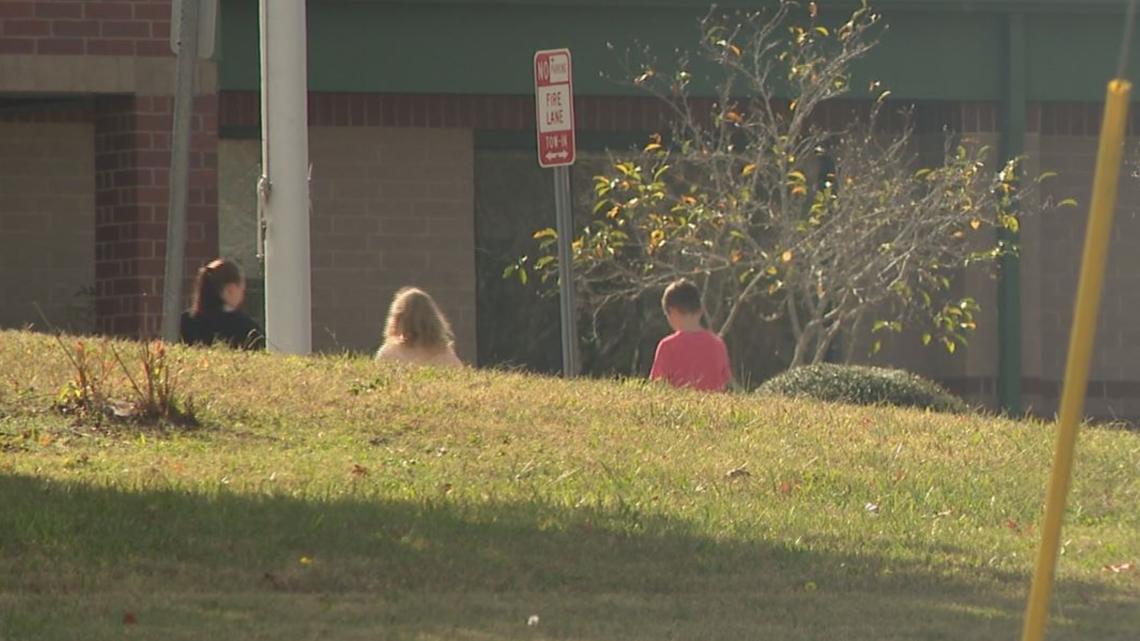
"The U.S. Environmental Protection Agency has extensively studied the safety of using coal ash in concrete and concluded that it meets health-based benchmarks for the protection of human health," Duke Energy spokesperson Bill Norton said.
Duke University scientists have previously warned about the dangers of loose coal ash, especially for kids who face possible chronic exposure. They've warned the closer the mixture of toxic ingredients, which includes known carcinogens, is to the surface, the greater the risk. At Rock Springs, it's unclear if any of the coal ash is exposed.
"If there is a complaint about exposed coal ash at any location, it should be shared with our regional office for investigation," DEQ Public Information Officer Katherine Lucas said.
The Duke University scientists previously said, generally, they're worried tiny particles could become airborne and enter a child's body. They told WCNC Charlotte the potential health impacts from exposure include everything from short-term pregnancy complications to long-term developmental disorders and cancers that might not show up until years or even decades later.
Duke Energy responds


Duke Energy, meanwhile, has long downplayed potential risks. In a new statement, the utility repeated some of its prior talking points.
"It's always challenging when people have health issues and are searching for answers, and there are countless risk factors that can contribute to someone's health condition," Norton said. "We are not aware of any scientific evidence to support a link between health effects in the Lake Norman area and coal ash, and there is a considerable body of research that runs counter to such speculation."
Norton noted the EPA continues to regulate coal ash as a "non-hazardous material." He once again said, just like at Tutor Time of Mooresville, the utility's involvement in this project ended decades ago and that the property owners retain full responsibility.
A Lincoln County Schools spokesperson did not answer specific questions about the coal ash at Rock Springs.
"The district administration is in contact with the North Carolina Department of Environmental Quality and has reached out to both Duke Energy and the North Carolina Department of Health and Human Services regarding this matter," Communications Director Karen Dellinger said in an email to WCNC Charlotte.
"I don't know what to do"

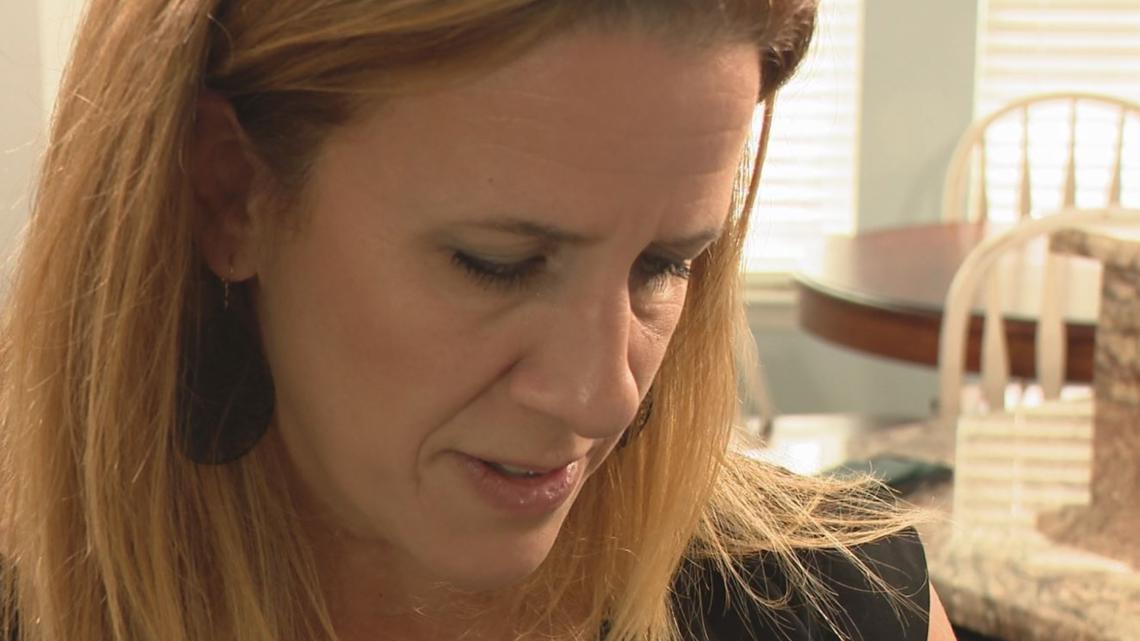
Lisa Saab fondly looks back on her time teaching at Rock Springs, but she wishes someone alerted former and current administrators, teachers and parents about the coal ash at the school long ago. She and others say they need more information.
"I don't know what to do," Saab said. "It's really upsetting and it's upsetting that there really is nothing being done."
After a successful surgery and treatment in the spring, Saab recently learned she is now cancer-free.
WCNC Charlotte asked the North Carolina Department of Environmental Quality if it had any records associated with the coal ash presence, and it only had one available.
Contact Nate Morabito at nmorabito@wcnc.com and follow him on Facebook, X and Instagram.

